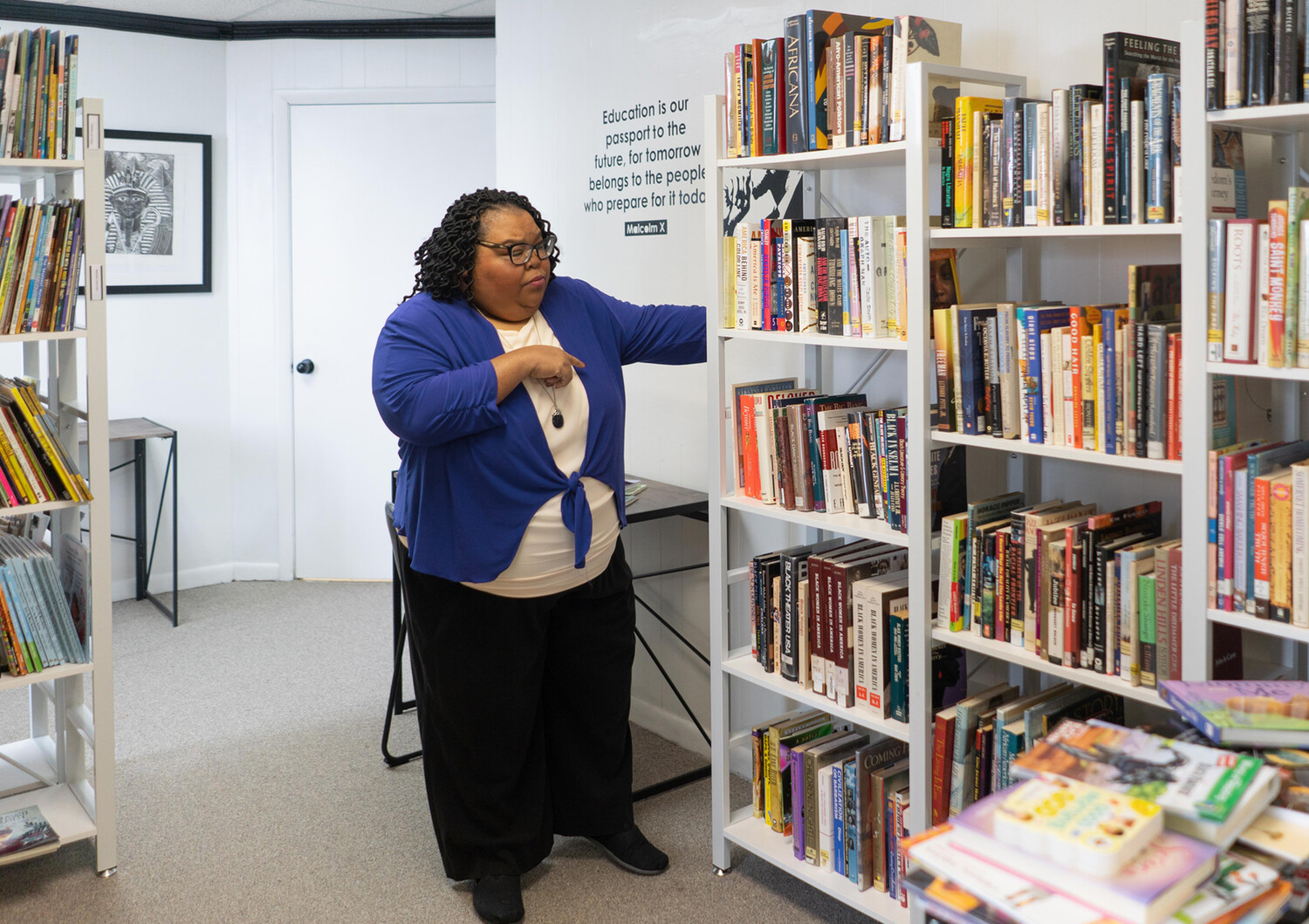Savannah Carmichael had been missing in-person connections during the COVID-19 pandemic. Being unable to interact with her classmates during her senior year of high school had impacted her mental health, making the transition to JMU more stressful. The University Recreation Center’s Mentorship Through Exercise program partnered her with a fitness mentor.
“Being able to have this connection with someone after all of that time is like a breath of fresh air,” Carmichael said.
The program, which combines elements of physical activity and positive mentorship, pairs students with faculty and staff members outside of the traditional classroom setting.
Mentorship Through Exercise creators Matt Lovesky (’12M) and Erica Foltz (’14) were inspired by their past mentorships and understood that wellness for college students goes beyond physical health.
“This program is a perfect combination of focusing on all dimensions of wellness, which UREC really strives toward to create programs that meet mental, physical and emotional wellness,” Foltz said.
The program coordinators, Foltz and Tim Howley (’04, ’05M), strive for authentic mentorships when creating educational experiences in a recreational atmosphere. They encourage students to team up with mentors who allow them to interact with someone outside of their social circles.
Carmichael and her mentor, Sonia Doulamis, UREC’s assistant director for substance misuse prevention, have used the opportunity to form a connection and become partners in exercise. The pair’s weekly meetings consist of various workouts and group classes. “Having a mentor on campus has made me a lot more comfortable and confident at the gym,” Carmichael said.
Doulamis emphasized that social wellness and physical health go hand-in-hand. “An added benefit is that exercise is a powerful method of dealing with stress,” she said. “The life of a college student is stressful without a pandemic, so the opportunity to connect with others and de-stress is a key component of coping.”
Kellen Sweeney (’21), a former UREC employee and previous mentee in the program, said Mentorship Through Exercise offers an opportunity to meet faculty and staff in a way that most students never get to experience. “So much of college, you are talking to professors and faculty members in a strictly professional or academic setting. This program goes beyond that,” he said. “I was able to connect with my mentors, not just as faculty members of JMU, but in a personal way through our workouts.”
Sweeney and his mentor discussed their backgrounds, jobs, classes and lives. “It was so great to get to know them in this fashion … My mentors became more than just faculty members of JMU, but great friends and a wonderful professional support system.”
Foltz and Howley underscored the importance of uniting people with similar interests and from different demographics to harness partnerships that will teach lessons for a lifetime.
“Ultimately, we learn and grow from one another,” said Ty Greenough (’18), graduate assistant for substance misuse prevention at UREC. “So, if you don’t have a mentor, you might be missing a perspective from an age group and lived wisdom that you might not get anywhere else.”
“The number of staff and faculty who seem eager to connect with students and offer their time and knowledge is inspiring,” Howley said. “They legitimately want to be there for students and learn from them.”
Participants are often paired based on similarities shared in an online questionnaire upon signing up for the program. Once in the program, they meet weekly to engage in activities of their choosing for a 10-week commitment period. Mentorship Through Exercise provides resources and training to equip mentors to be successful in their roles. Mentors and mentees can participate in a variety of activities at UREC ranging from racket sports to weightlifting to rock climbing. Sign-ups for the program are available on the UREC website.
The program coordinators attribute their passion for the project to their Madison Experience and the connections they made while attending the university — connections that turned from undergraduate mentorships to now, years later, being co-workers. They hope that students will be open to experiencing these full-circle opportunities themselves.
The program provides the educational opportunities and support for students to foster healthy lifestyles and carry those habits forward post-graduation. UREC’s professional staff members are committed to developing that application for students.
The coordinators plan to expand the program in coming semesters to meet demand. The Spring 2022 semester doubled their expectations for numbers of participants, and they hope this increased interest continues into the fall.
Because of the pandemic, the focus during Spring 2022 was on recruiting students whose college experience was affected.
“We would love to see it grow, as there is a heightened need within the student community for this relationship, especially in person, because the campus community has really had a void of that opportunity,” Foltz said.
